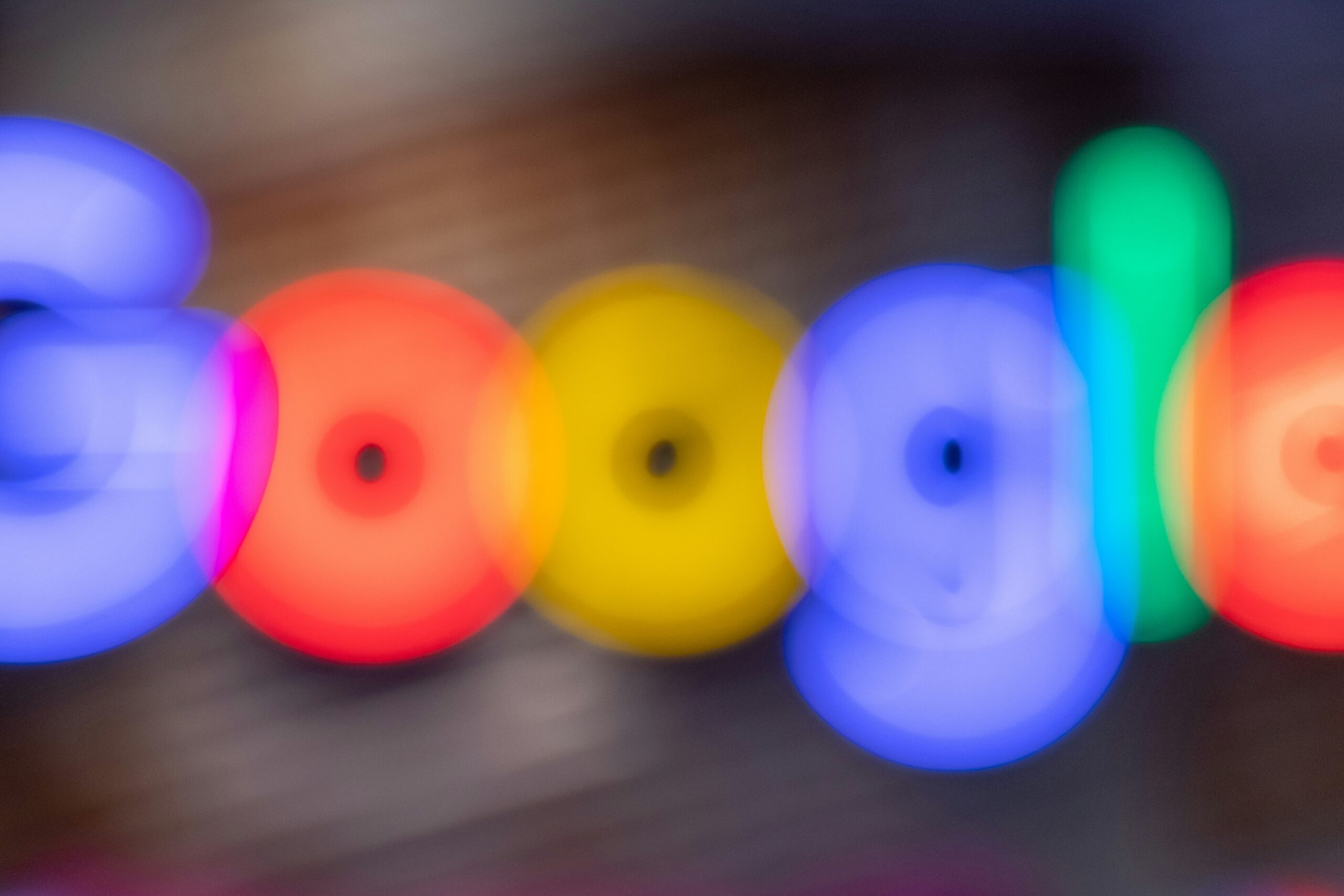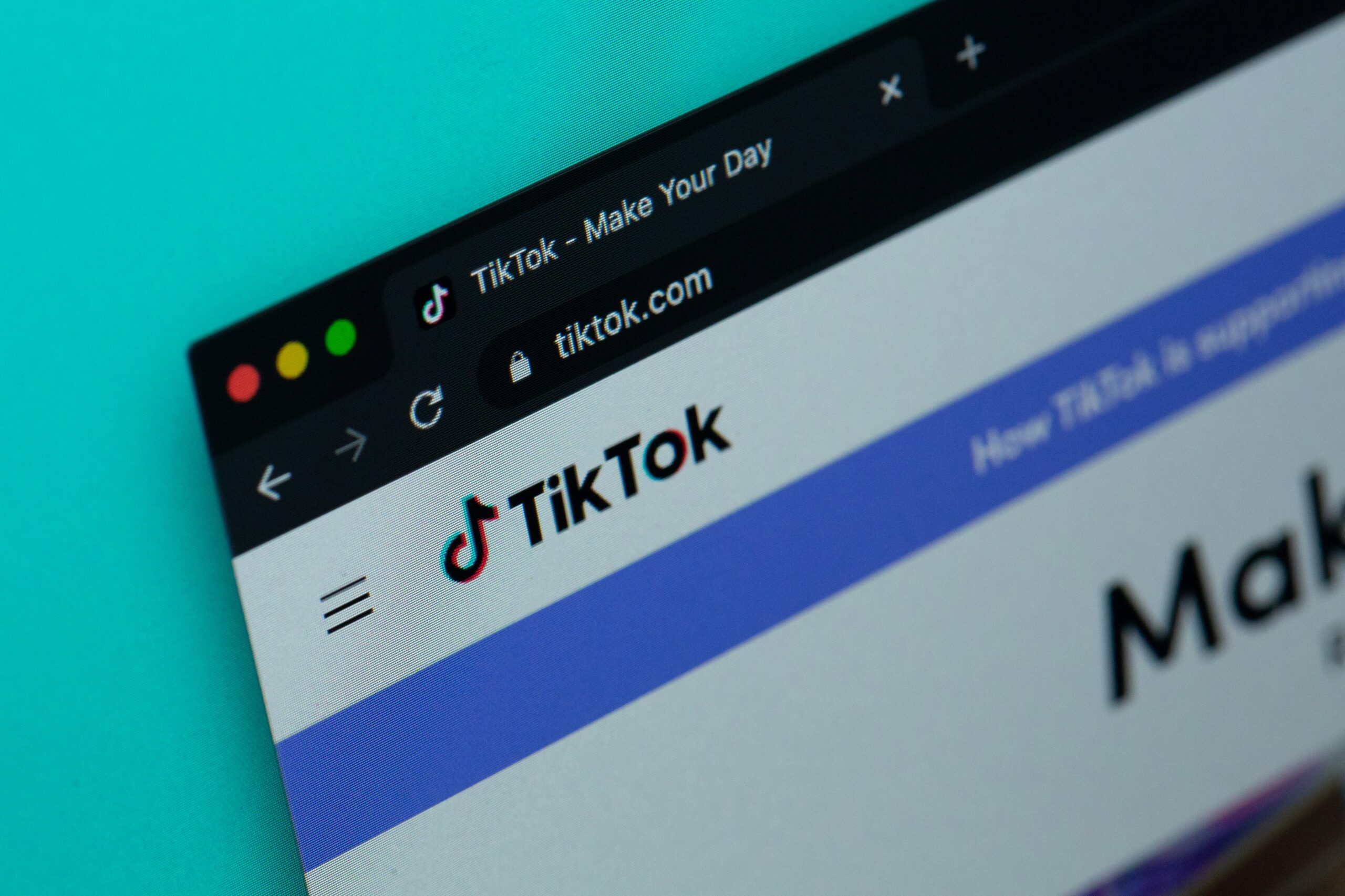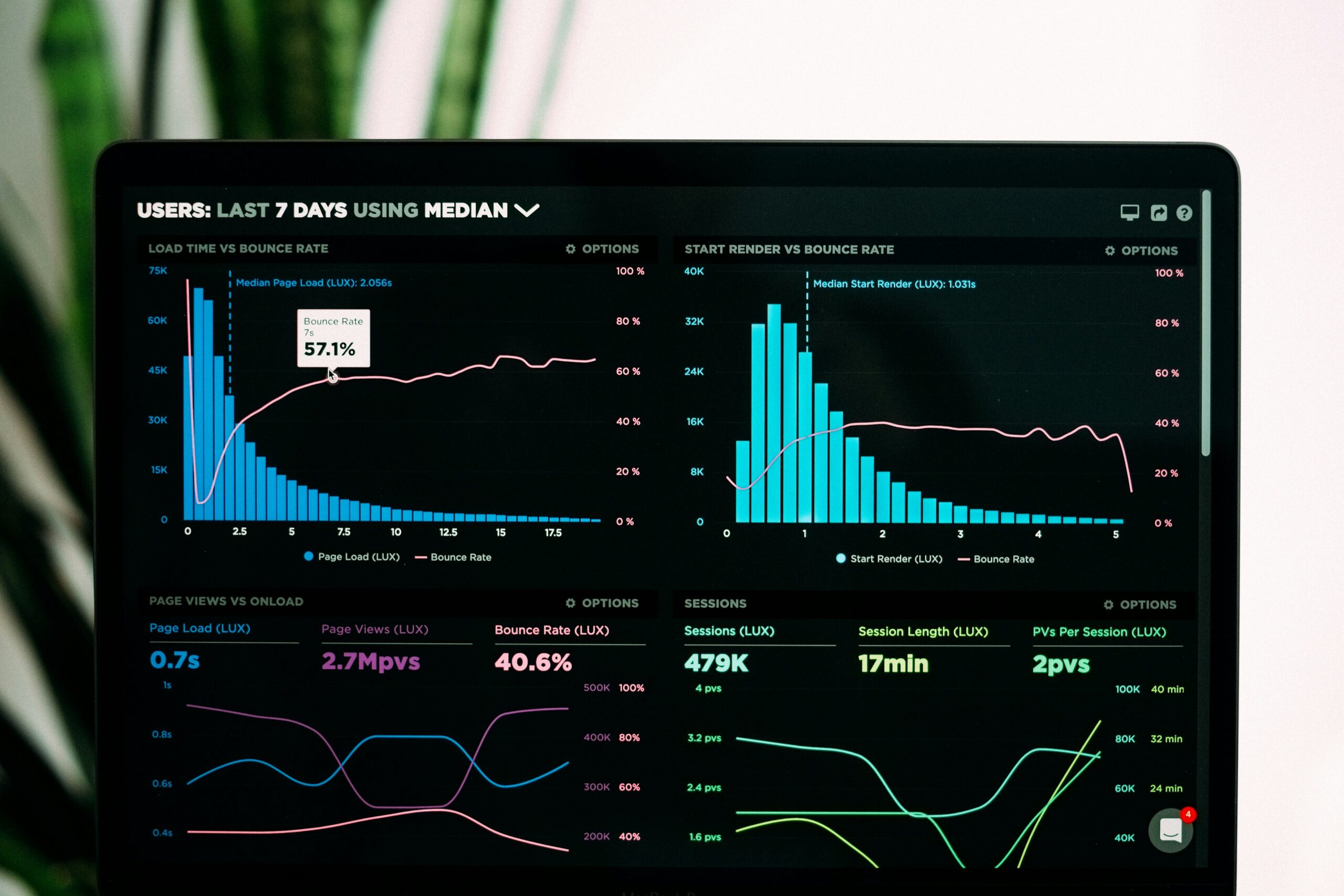Google has unveiled its quantum computing-powered marketing platform, achieving an unprecedented breakthrough in marketing technology. The system, developed at Google’s Quantum AI Lab in collaboration with UK-based quantum computing firm Oxford Quantum Circuits, can process and analyse consumer behaviour patterns at speeds previously thought impossible.
The platform, named Quantum Marketing Engine (QME), demonstrated its capabilities at a live event in London last week, processing and analysing consumer data from a major UK retailer’s entire customer base in just 3.5 seconds, a task that typically takes traditional systems over 40 hours.
“This is a watershed moment for marketing technology,” announces Dr. Emma Richards, Director of Quantum Computing Applications at Google UK. “QME can analyse complex consumer behaviour patterns and market trends in near real-time, enabling truly dynamic marketing strategies that adapt instantly to changing consumer preferences.”
Initial performance metrics show remarkable capabilities:
– One million times faster data processing than traditional systems
– 99.99% accuracy in consumer behaviour prediction
– Real-time analysis of over 100 million consumer data points
– 90% reduction in computing energy consumption
The platform has already attracted significant attention from major UK retailers and marketing agencies. Sainsbury’s, one of the early access partners, reports extraordinary results from their initial implementation.
“The impact on our marketing efficiency has been staggering,” reveals Mark Thompson, Chief Marketing Officer at Sainsbury’s. “We’ve seen a 400% improvement in campaign performance within the first week of deployment, with unprecedented levels of customer engagement.”
Key features of the Quantum Marketing Engine include:
– Instant market trend analysis
– Real-time customer sentiment prediction
– Quantum-powered A/B testing
– Dynamic pricing optimisation
– Cross-channel campaign synchronisation
Industry experts are calling this development a turning point in marketing technology. “This is not just an incremental improvement, it’s a revolutionary leap forward,” states Professor Catherine Williams, Head of Marketing Technology at Imperial College London. “Google’s quantum marketing platform will fundamentally change how businesses approach customer engagement.”
The launch has had immediate market implications, with Google’s stock rising 12% in early trading. Marketing technology companies are scrambling to respond, with several announcing accelerated quantum computing research programmes.
Security and privacy concerns have been addressed through quantum-resistant encryption protocols. “We’ve implemented the most advanced security measures available,” assures Dr. James Carter, Head of Security at Google’s Quantum Division. “The system exceeds all current UK and EU data protection requirements.”
Early adoption data shows impressive results:
– 85% improvement in customer targeting accuracy
– 300% increase in campaign ROI
– 60% reduction in marketing waste
– 95% higher customer engagement rates
Google plans to roll out the platform gradually across the UK over the next three months, with priority access given to enterprises in the retail, finance, and healthcare sectors. A scaled version for small and medium-sized businesses is scheduled for release in early 2026.
“This technology democratises advanced marketing capabilities,” explains Sarah Mitchell, Google’s Head of UK Enterprise Solutions. “We’re particularly excited about helping smaller businesses compete more effectively in the digital marketplace.”
Industry analysts predict that quantum-powered marketing platforms could become the standard within two years, potentially rendering traditional marketing analysis systems obsolete.




